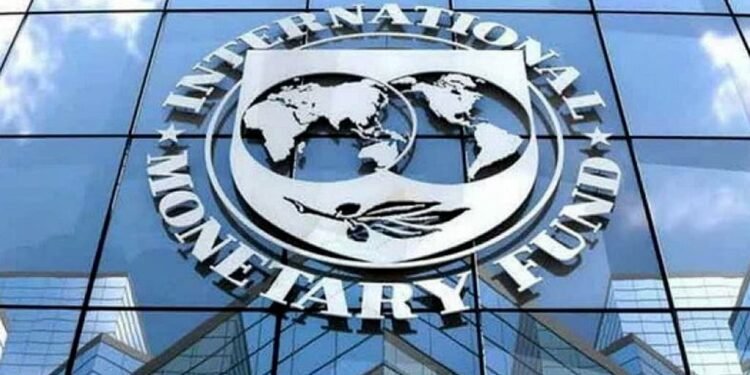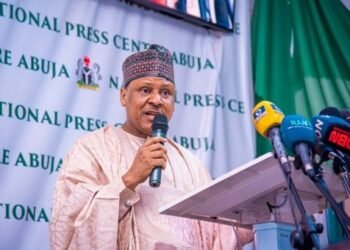The International Monetary Fund, IMF, has warned that Nigeria is experiencing a deepening economic crisis.
IMF expressed concern that the stagnant per-capita growth, widespread poverty, and severe food insecurity have further intensified the persistent cost-of-living crisis in Nigeria.
This was contained in its recently published report titled ‘Review of Nigeria’s Post Financing Assessment by the IMF Executive Board.’
In line with the report, the inadequate collection of revenue has impeded the delivery of services and the allocation of resources towards public investment.
According to the report, the observed inflation rate for October stood at 27 percent compared to the same period last year (with food inflation at 32 percent).
The growth was attributed to the removal of fuel subsidies, the depreciation of the exchange rate, and the negative impact on agricultural production in the country.
The report read in part, “Nigeria faces a difficult external environment and wide-ranging domestic challenges. External financing (market and official) is scarce, and global food prices have surged, reflecting the repercussions of conflict and geo-economic fragmentation.
“Per-capita growth in Nigeria has stalled, poverty and food insecurity are high, exacerbating the cost-of-living crisis. Low reserves and very limited fiscal space constrain the authorities’ option space. Against this backdrop, the authorities’ focus on restoring macroeconomic stability and creating conditions for sustained, high and inclusive growth is appropriate.”
In the midst of Nigeria’s ongoing economic challenges, the report highlighted that on January 12, 2024, the Executive Board of the International Monetary Fund completed an evaluation of post financing and approved the Staff Appraisal without delay.










